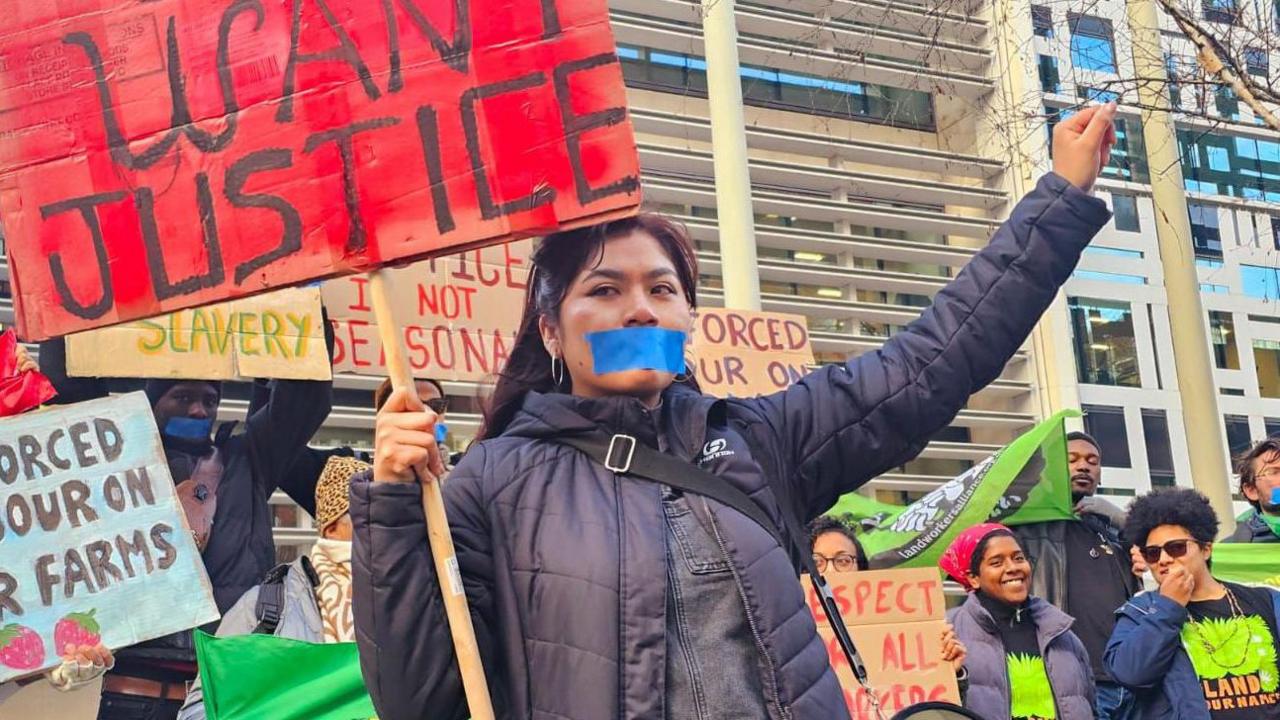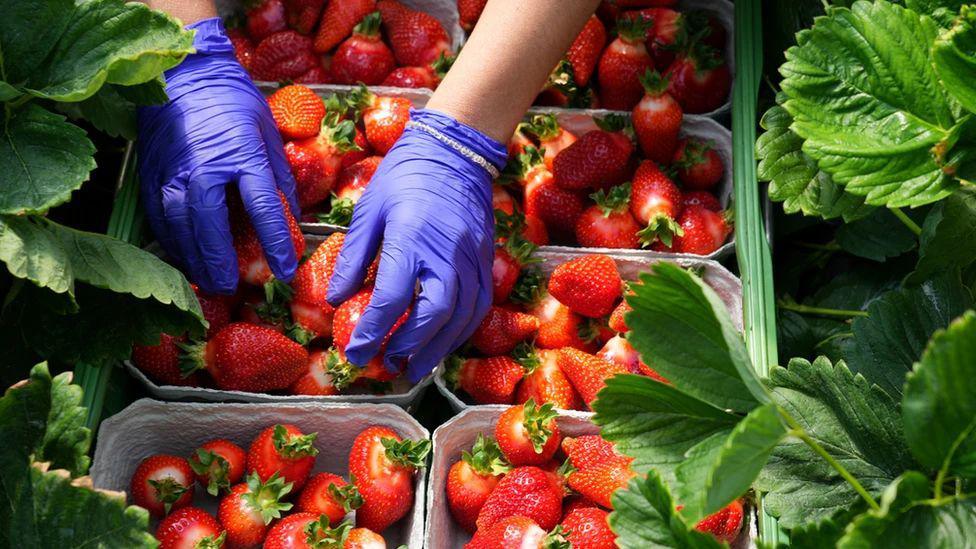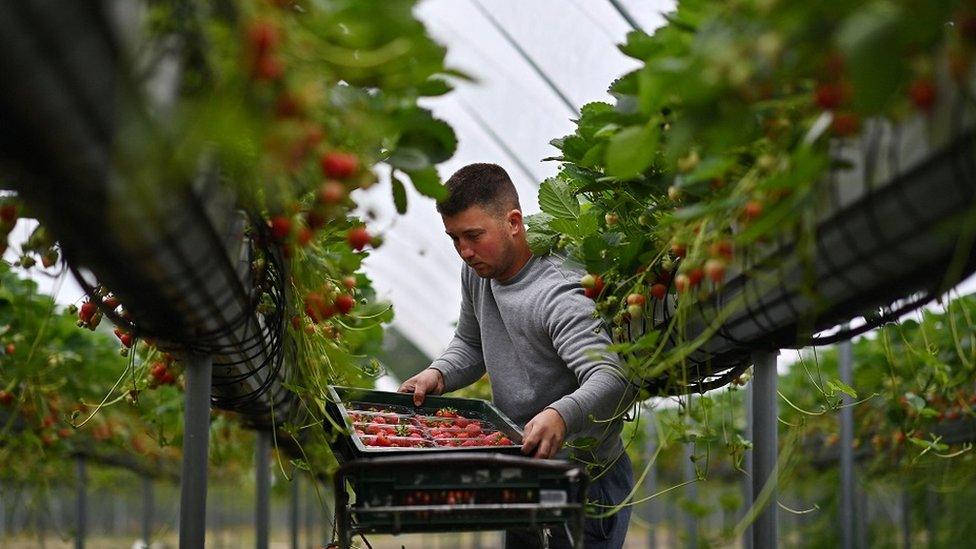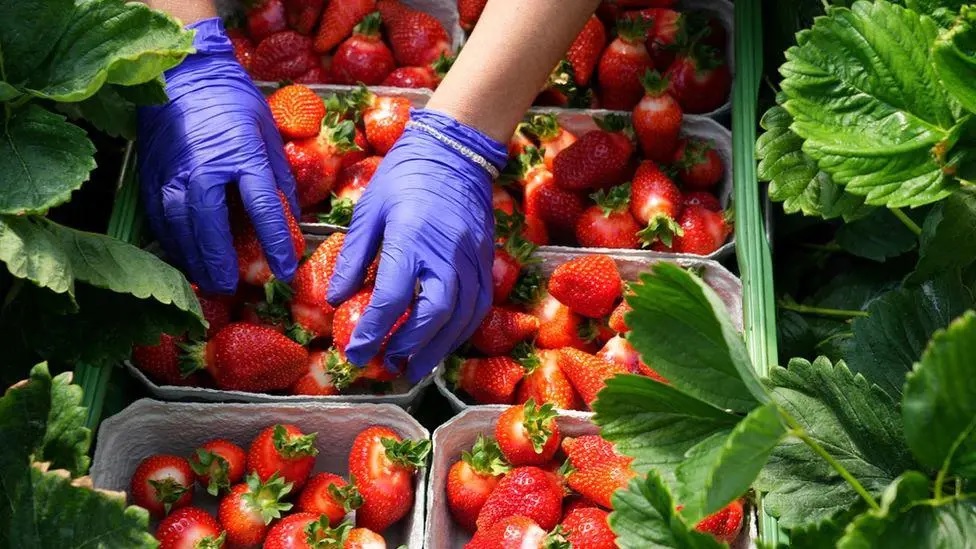Not So Sweet: The Harsh Realities of Fruit Picking in the UK
The promise of a better life and decent wages draws thousands of seasonal workers to the UK’s farms each year. However, behind the idyllic countryside and the fresh produce on supermarket shelves lies a darker reality—one of exploitation, underpayment, and harsh living conditions that many migrant workers endure.

A Surge in Complaints
According to figures obtained by the BBC, nearly 700 foreign seasonal agricultural laborers reported mistreatment to the Worker Support Centre (WSC) in 2024, a significant increase from just over 400 in 2023. The reports highlight claims of exploitation, bullying, unfair dismissal, and poor accommodation conditions. Some workers have even described their experiences as modern-day slavery.
Bolivian farmworker Julia Quecano Casimiro came to the UK on a seasonal worker visa to pick cherries for Haygrove, a Herefordshire-based farm. Now, she is taking the company to an employment tribunal over allegations of discrimination, unfair dismissal, and underpayment. In an initial ruling, the Home Office found reasonable grounds to believe she might have been a victim of modern slavery.
“The true scale of exploitation is a hidden problem,” Ms. Casimiro said. “Many seasonal workers continue to have their rights violated at this very moment.”
A System of Fear and Intimidation

For many foreign workers, speaking out is not an option. South African seasonal worker Sybil Msezane recounted how workers were addressed by numbers rather than names, worked 18-hour days, and were forced to live in overcrowded caravans. Complaints were met with threats of deportation.
“We weren’t viewed as humans,” Ms. Msezane told a House of Lords committee investigating the treatment of migrant workers. “If you don’t work fast enough, if you don’t comply with quality standards, they will say, ‘We will cancel your visa and send you back home.’”
Andrey Okhrimenko from Kazakhstan had a similar experience. “We had extremely bad living conditions and were manipulated into silence,” he said.
The High Cost of Work
Migrant workers often arrive in the UK burdened with debt. Many take out loans to cover visa fees, airfare, and recruitment agency costs. Once in the UK, they are required to pay up to £80 a week for shared accommodation, leaving them financially vulnerable and less likely to report mistreatment for fear of losing their income.
Ms. Msezane, who now works as a care worker for a UK local authority, described how she had spent nearly £2,500 to come to the UK to pick fruit. “I could not have imagined the conditions I found. It was beyond shocking,” she said. “But people need work. So I would never say don’t come. Just know you won’t have the same rights as a worker as you do in South Africa.”
A Government in Denial?
The UK government has repeatedly insisted that it takes “decisive action” against abusive labor practices. The seasonal worker visa scheme, which was expanded post-Brexit to include more non-European workers, is expected to grant 45,000 visas this year. While scheme operators are tasked with ensuring workers’ welfare, reports suggest that oversight is insufficient.
At a recent parliamentary hearing, farmer Mike Newey refuted claims of exploitation, calling seasonal fruit picking a well-paid job. “Our workers earn a minimum of £10.42 an hour and can make up to £20 on piece-work rates,” he said. “They are well looked after.”
Ali Capper of the West Sussex Growers’ Association agreed, saying, “We need these workers, and we ensure their welfare.”

The Unfinished Fight for Fair Treatment
While some employers defend their practices, stories like those of Ms. Casimiro, Ms. Msezane, and Mr. Okhrimenko paint a different picture. The increase in complaints suggests that much more needs to be done to protect the rights of seasonal farm workers in the UK.
For now, the fight continues. Workers like Ms. Casimiro are taking legal action, advocacy groups are pushing for reforms, and parliamentary committees are investigating. But until meaningful changes are made, the sweet fruits of British farms will continue to come with a bitter cost.







